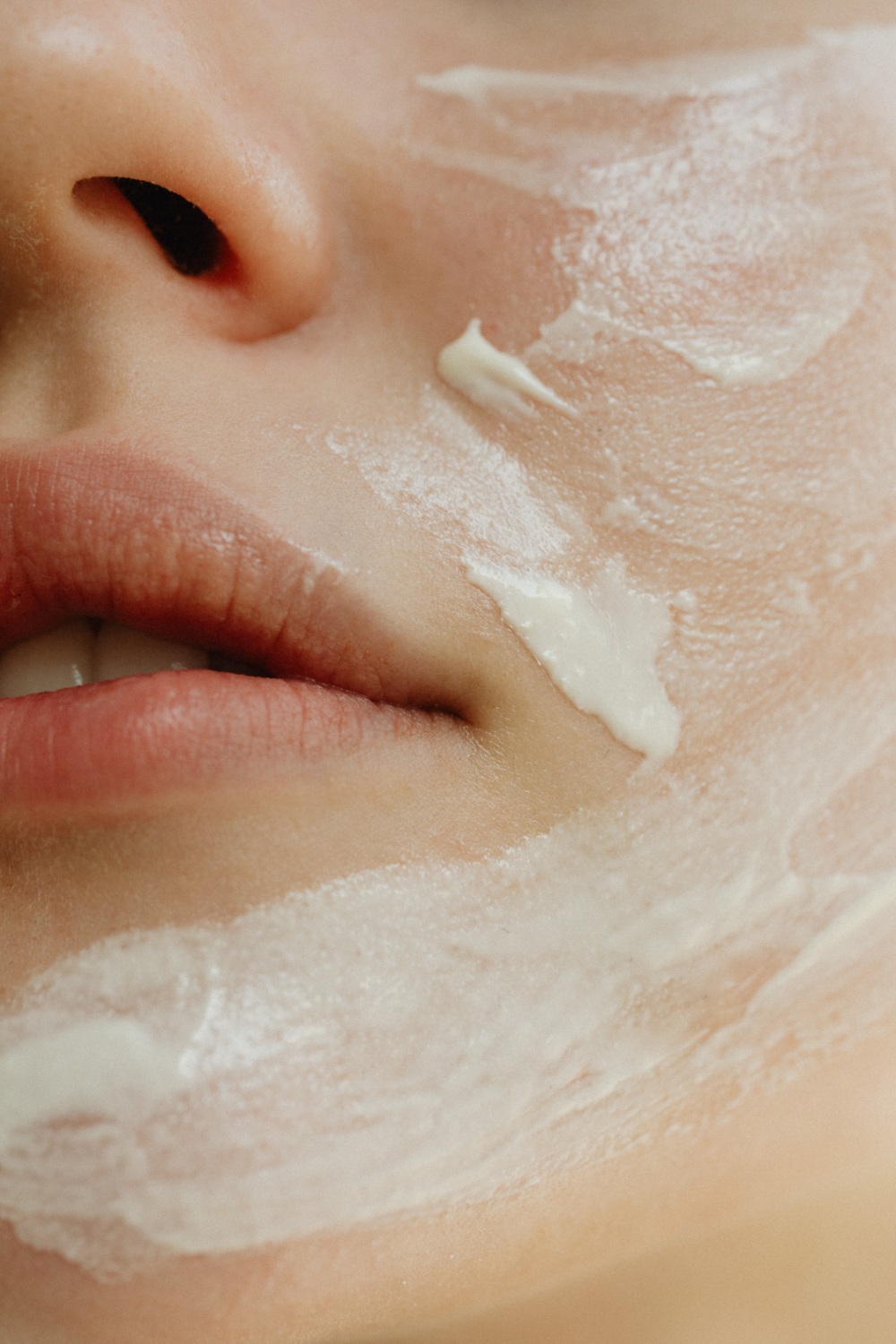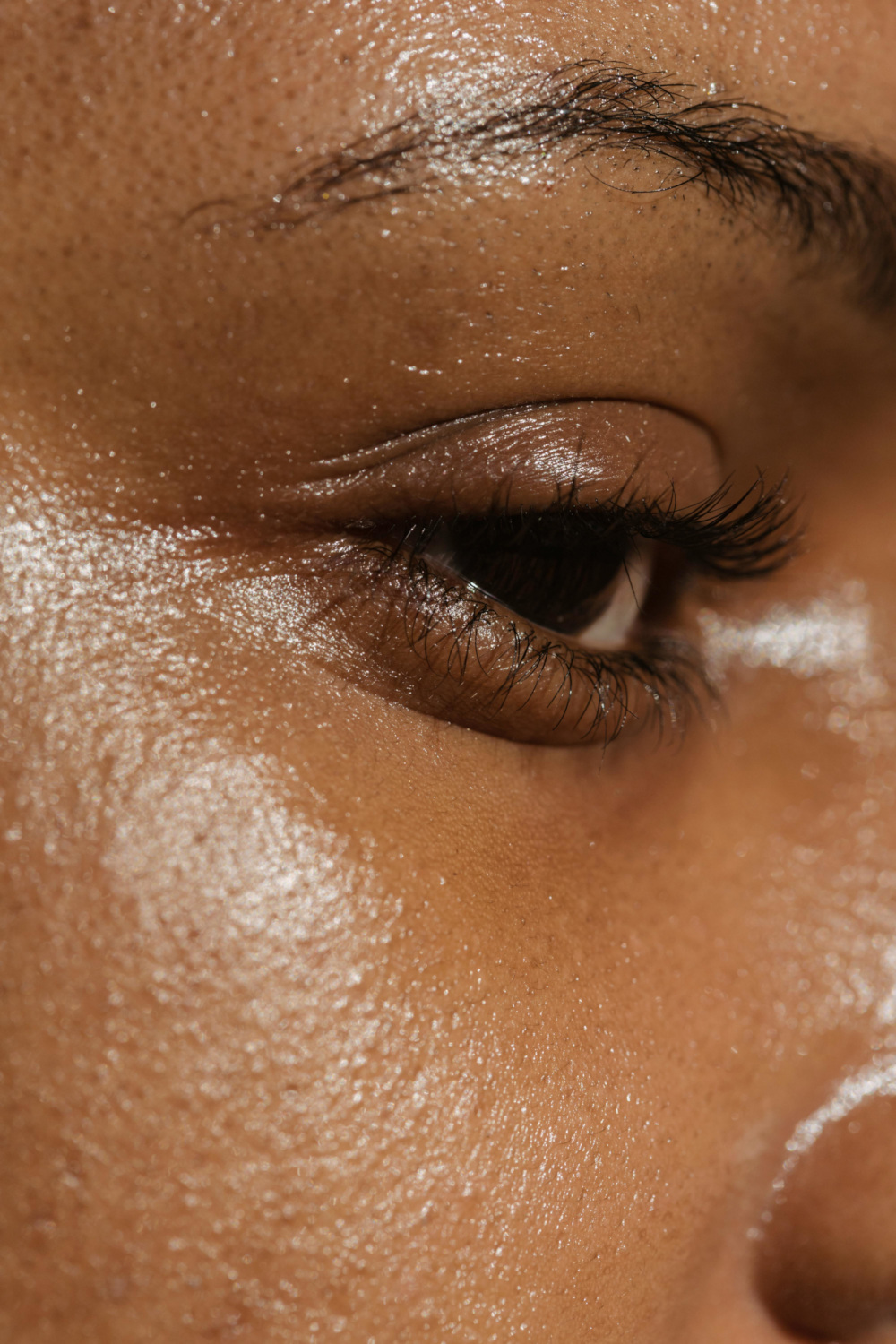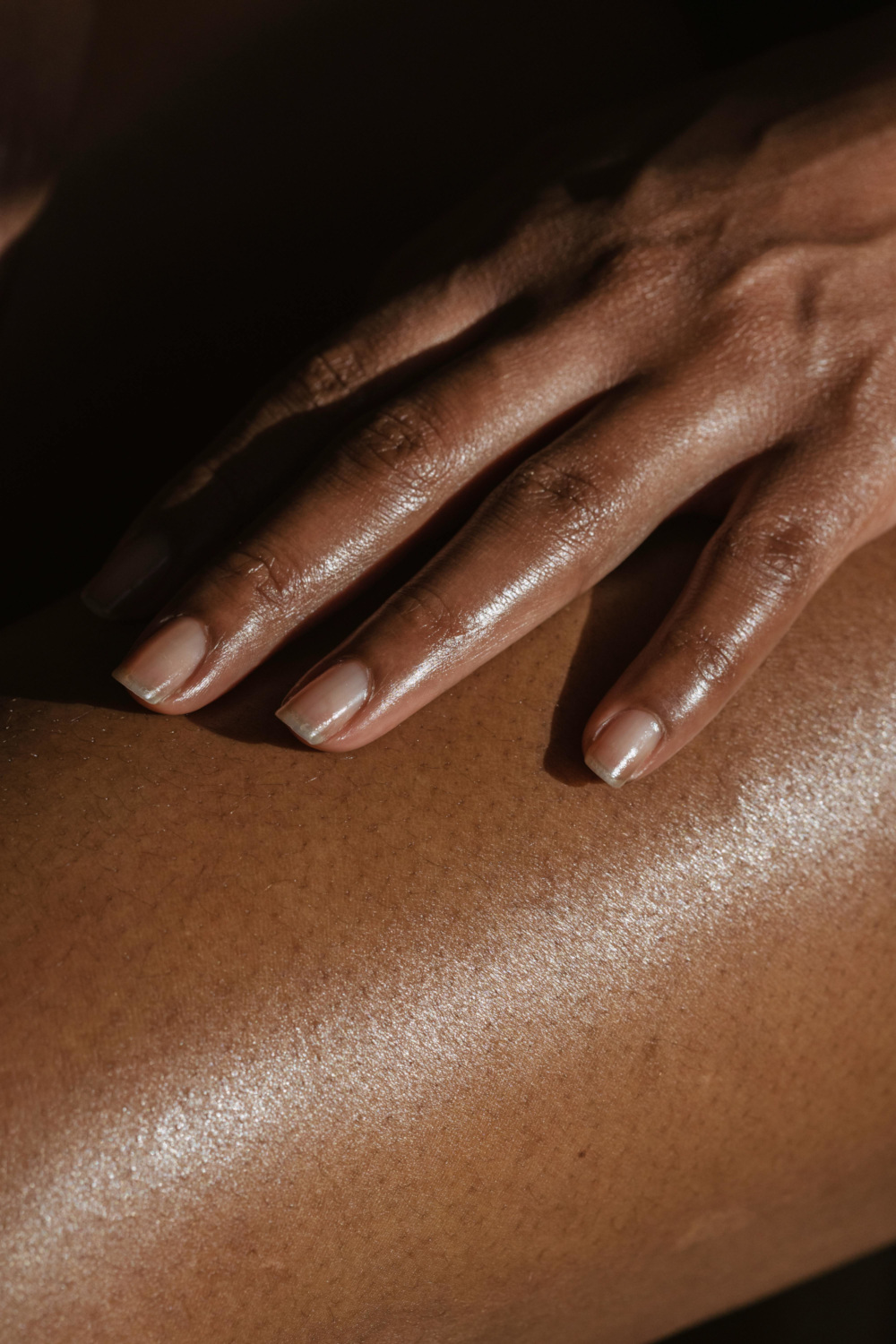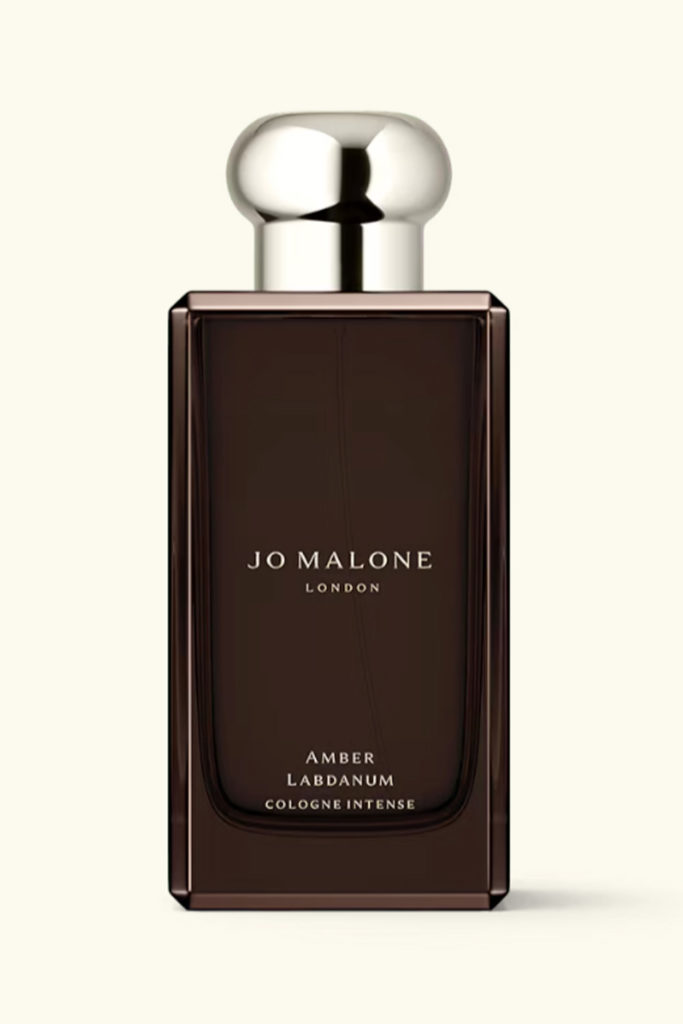
Skincare Experts Reveal The Top Trends For 2026
By
3 weeks ago
The ingredients, routines and products to reach your skin goals in the new year
Planning ahead of the upcoming year? You’re not the only one. The biggest names in skincare are already thinking about the beauty movements set to shape the next 12 months. Below, they share their top skincare trends for 2026, from neurocosmetics and body biotech to microbiome barriers and AI personalisation.
The Biggest Skincare Trends For 2026
Skincare is getting smarter. The experts are treating skin on a cellular level, tapping into circadian rhythms and utilising AI to create hyper-personalised formulations. Looking ahead to 2026, we’ve rounded up some of the major skincare trends to have on your radar:
Top Trends At A Glance
- Longevity
- Exosomes
- Peptides
- Bio-Synthesised Collagen
- Microbiome Focus
- Neurocosmetics
- Body Biotech
- Scalp Skin Health
- Circadian & Chrono-Active Skincare
- AI Personalisation
1. Longevity
It’s time to look at the bigger picture. Skincare experts predict that 2026 will be the year where a longevity-hooked approach really goes mainstream. ‘We’re entering a new era in skincare where patients are thinking far beyond aesthetics – they’re looking for proactive, science-led solutions that support long-term skin and hair health,’ says Dr Suzan Obagi, board certified dermatologist and cosmetic surgeon. ‘The rising interest in longevity pathways and regenerative health reflects a broader cultural shift: as life expectancy continues to increase, people want products that help maintain cellular vitality and healthier aging from the inside out.’
So what does this look like in practice? ‘Think fewer aggressive routines and more resilience building – prevention and maintenance over cure – as well as people clocking that chronic low-level inflammation (stress, over-exfoliation, poor sleep, pollution, constant swapping and swamping “actives”, off the shelf treatments) quietly wrecks barrier function and collagen over time,’ says Debbie Thomas, industry expert and founder of skincare label Cellis. ‘Calming and strengthening isn’t optional, it becomes the foundation of a good skincare routine.’ She adds that ‘the best results are coming from “less but better” routines you can actually stick to. Swapping products regularly won’t help. It’s about simplifying home routines so the skin behaves, using less products (but make them count; opt for an all-in-one complex formulation that does the work of three or four simpler formulations), and seeking out targeted clinic treatments that focus on your skins needs.’
2. Exosomes
This slow-burn trend has steadily been making its way onto our radar for a few years now – but in 2026, it’s set to flourish. ‘In our clinics, exosomes have already become one of the most in-demand regenerative treatments among celebrities, supermodels and high-profile patients,’ says renowned cosmetic doctor and skincare expert, Dr Jean-Louis Sebagh. ‘They enhance cellular communication, accelerate repair, reduce inflammation, and deliver an immediate glow. We’ve seen a move towards regenerative aesthetic treatments in the clinic, as opposed to traditional tweakments.’
The next year will see this ingredient go mainstream, he adds. ‘Biotechnology has advanced enough to stabilise exosomes for topical use, making them accessible beyond the clinic.’
3. Peptides
Another reemerging skincare trend for 2026 is peptides. ‘Peptides, small chains of amino acids, are increasingly recognised for long-term skin health,’ confirms Dr Thivos Sokratous, an aesthetic doctor at Ouronyx. ‘They stimulate collagen and elastin production, reduce fine lines, and improve elasticity, making them ideal for aging or dry skin. Peptides are a staple in anti-aging serums, creams, eye treatments, and masks, and their popularity is expected to grow as consumers seek gentle yet effective solutions that strengthen skin over time.’
4. Bio-Synthesised Collagen
A new wave of collagen products could also be coming in 2026. ‘Traditional collagen-based skincare has long had limitations such as molecule size, stability and minimal long-term structural impact,’ notes Dr Sebagh. ‘In contrast, next-generation bio-synthesised collagen represents a true leap forward: a lab-engineered, highly pure form of collagen that the skin can recognise and utilise far more effectively.
‘Both marine and bovine (porcine) collagen come from animals, so their molecular structure differs from human collagen,’ he adds. ‘Bio-synthesised collagen is created through biotechnology to replicate human collagen with far greater precision. So there will be better skin compatibility, stronger binding to the skin’s extracellular matrix and more effective stimulation of the skin’s own collagen production.’
5. Microbiome Focus
While already a mainstream focus, skin barrier health will be explored through a new lens. ‘Skincare in 2026 will focus on microbiome diversity rather than simply balance,’ says Dr Alexis Granite, consultant dermatologist and founder of Joonbyrd. ‘We’ll see postbiotic and microbiome-derived ingredients like fermented mosses, bacterial lysates, and sugar prebiotics, that strengthen the barrier while teaching skin to self-regulate.’
6. Neurocosmetics
Your skin’s biggest enemy? Stress – but not for long. ‘Formulas that actively target the skin’s stress response will go mainstream,’ confirms Dr Granite. ‘Expect neuro-fragrance technology and serotonin-supporting actives aimed at reducing cortisol and boosting mood through topical application.’
7. Body Biotech
It’s not just our faces getting top tier treatments, either. In 2026, expect a bigger focus on body care as a whole. ‘We’ll continue to see face-level innovation applied to the body: polynucleotides, exosomes, NAD+ precursors and bio-fermented peptides designed to optimise skin function and resilience long-term,’ agrees Dr Granite. ‘Skin longevity will become just as relevant for the body as for the face.’
8. Scalp Skin Health
With this in mind, we can also expect there to be even more focus on other areas of skincare – such as scalp health. ‘Hair rejuvenation will move firmly into the medical spotlight in 2026,’ says Dr Obagi. ‘Hair loss is no longer viewed as a male-only concern; we’re seeing it across younger patients with PCOS, those undergoing rapid weight loss, post-partum women, and women in peri- and menopause with shifting hormone levels. The scalp is simply an extension of the skin; it experiences the same environmental stressors and deserves the same level of targeted care.’
9. Circadian & Chrono-Active Skincare
As we know, the human body works in cycles – so it makes sense to see skincare routines adapt for different stages of the day. ‘Innovation will align with the body’s natural rhythm in day versus night formulations that adapt to hormonal and environmental shifts,’ explains Dr Granite. ‘Expect ingredients like chrono-peptides, melatonin analogues and timed-release antioxidants supporting repair, defence and sleep quality.’
10. AI Personalisation
Of course, there’s the elephant in the room: artificial intelligence. The beauty industry looks positively on the digital tool, and already has plans on how to use it 2026. ‘AI will shift from a marketing buzzword to a meaningful tool for precision skin diagnostics and hyper-personalised formulation,’ predicts Dr Granite. ‘Customised products, from adaptive serums to AI-curated body rituals, will become the norm, translating complex data into simple, effective routines.’




























